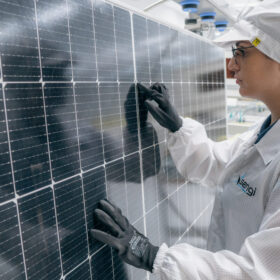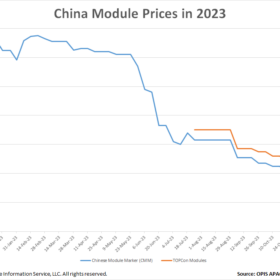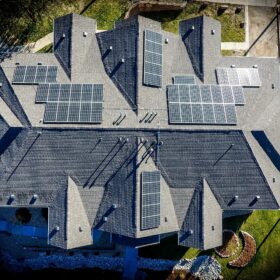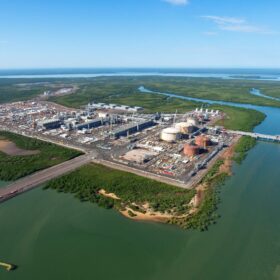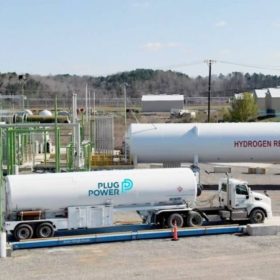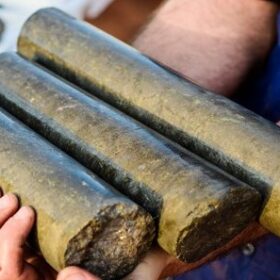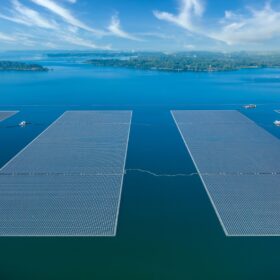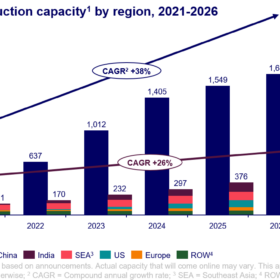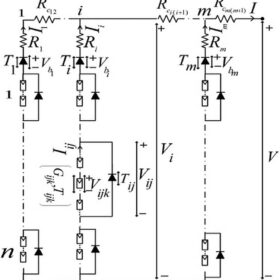With China PV modules reaching record low prices, is there a chance for local PV manufacturing elsewhere?
From the International Solar Energy Society’s perspective, and the vision of a world with 100% renewable energy for everyone used wisely and efficiently, PV module production should not become an oligopoly and should not be concentrated in one corner of the world.
China module prices hit new record lows, operating rates estimated around 60%
In a new weekly update for pv magazine, OPIS, a Dow Jones company, provides a quick look at the main price trends in the global PV industry.
Residential photovoltaic panels with high partial shading tolerance, high voltage
Scientists from South Korea have designed new photovoltaic modules with both rectangular and triangular shapes and solar cells connected in parallel, which they said have higher partial-shading tolerance compared with cells connected in strings. The panels are reportedly less sensitive to partial-shading geometries than shingled modules.
Samsung planning ‘mega-scale’ renewable hub and manufacturing in the NT
South Korean technology giant Samsung is reportedly looking to develop a ‘mega scale’ renewable generation, storage, and green manufacturing hub in the Northern Territory, its government has announced. However, no actual details on the size, nor any real specifics, appear to be known.
Sri Lanka launches 70 MW ground-mounted solar auction
Sri Lanka’s government-owned Ceylon Electricity Board (CEB) is inviting applications for the development of 1 MW to 5 MW ground-mounted solar projects – totaling 70 MW – with 20-year power purchase agreements (PPA).
Plug Power shares collapse
Plug Power has issued a warning about its 2023 financial performance due to supply challenges in North America, while Air Products says it is cementing its collaboration with Chengzhi in China.
Global battery giant boosts share in WA lithium explorer
Australian lithium explorer St George Mining’s critical minerals strategy has received a significant boost with global battery industry giant Shanghai Jayson New Energy Materials tipping a further $3 million into the Perth-based company.
Indonesia plans expansion as floating solar plant launched
Indonesia has officially launched the largest floating solar farm in southeast Asia and already the proponents have agreed to more than triple the capacity of the 145 MW project as the nation looks to increase its renewable energy sources and switch away from coal.
China expected to dominate solar manufacturing through 2026
A Wood Mackenzie report forecasts that China will hold more than 80% of poly, wafer, cell and module manufacturing capacity for the next three years.
Novel algorithm estimates global maximum power point in partially shaded PV systems
Developed by scientists in India, the global maximum power point (GMPP) technique is based on the voltage and current of strings in a PV array. The research group tested it in computer simulation, as well as through an experimental setup.
